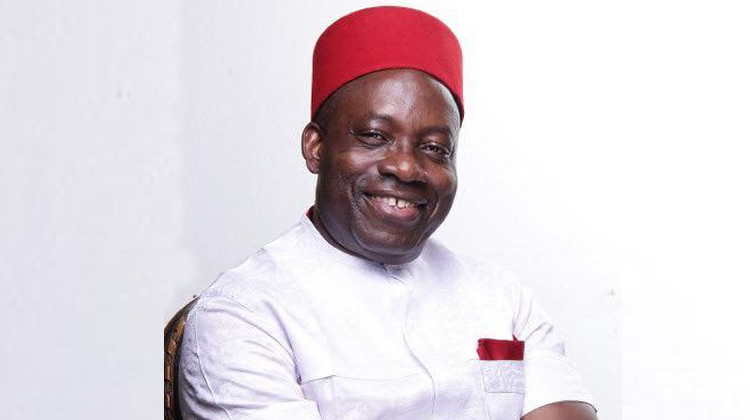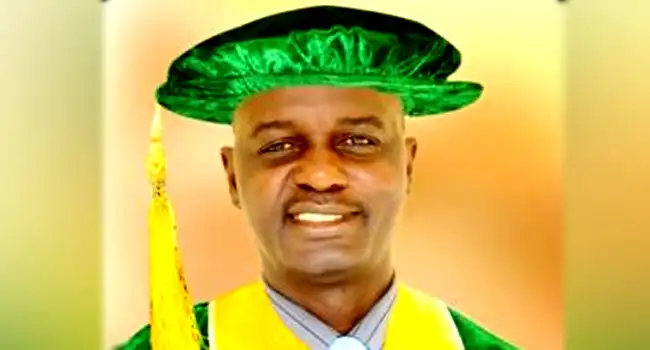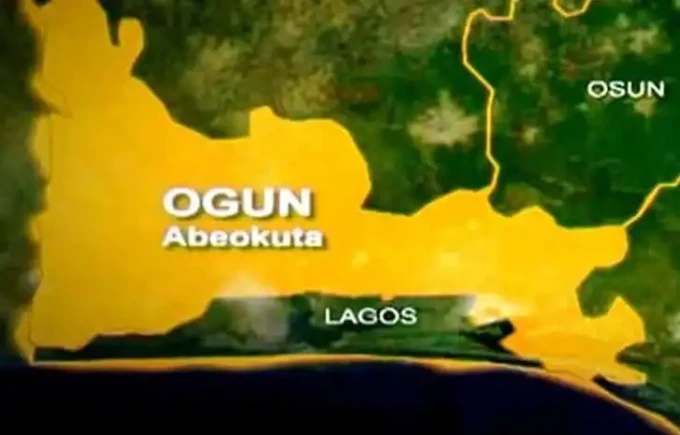In a bold and direct address from Awka, the capital of Anambra State, Governor Charles Soludo has shed light on a troubling trend that has plagued the region: kidnapping for ransom. His revelations not only highlight the severity of the situation but also the transformation of crime into what he describes as a more lucrative business than even drugs or oil.
Governor Soludo, speaking on Saturday, disclosed that Simon Ekpa, a Finland-based self-acclaimed Biafra agitator, is continuing to engage in kidnapping activities despite his arrest. This statement comes in the backdrop of a broader narrative where Soludo recounts his personal history with crime in the state. He shared a deeply personal anecdote, mentioning how his own father was kidnapped in 2009, illustrating the long-standing nature of this issue in Anambra. Other notable figures like GU Okeke and Pokobros were also victims of similar crimes, indicating the pervasive threat kidnapping poses to the community.
Before Soludo took office, approximately eight local government areas in Anambra were under the control of these nefarious groups, whom he describes as gunmen masquerading as liberators. These criminals did not just kidnap; they attacked law enforcement, stole weapons, torched police stations, and retreated into the bush, all while claiming to fight for Biafran freedom. However, the Indigenous People of Biafra (IPOB), another group often associated with the Biafran cause, has distanced itself from these criminal activities, pointing fingers specifically at Ekpa.
The governor emphasized the economic allure of kidnapping, stating starkly that for every naira officially reported as ransom, an alarming five to six times that amount goes unreported. This underlines the scale and profitability of the crime, which, according to Soludo, now surpasses even the notorious drug and oil markets in terms of financial gain. This situation is exacerbated by what he describes as a “culture that celebrates wealth without craft,” where even kidnappers are celebrated, giving them a sort of societal acceptance that fuels their activities.
Moreover, Soludo touched upon a cultural shift, noting that the criminal elements have adopted a form of idolatry, which he claims is becoming the fastest-growing religion in the South-East, challenging the sanctity of traditional and religious values in the region.
The governor’s revelations are a call to action, highlighting the need for a robust response to dismantle these criminal enterprises. His administration has already shown some success by re-establishing control over the previously besieged local government areas, but the ongoing activities of figures like Simon Ekpa suggest that the battle is far from over.
Soludo’s candid discussion on the matter not only informs the public of the gravity of kidnapping in Anambra but also sets the stage for further discussions on security, governance, and community involvement in curbing this lucrative but devastating crime. The challenge now lies in translating this awareness into effective policy and community action to safeguard the lives and dignity of Anambra’s citizens.












Leave a comment